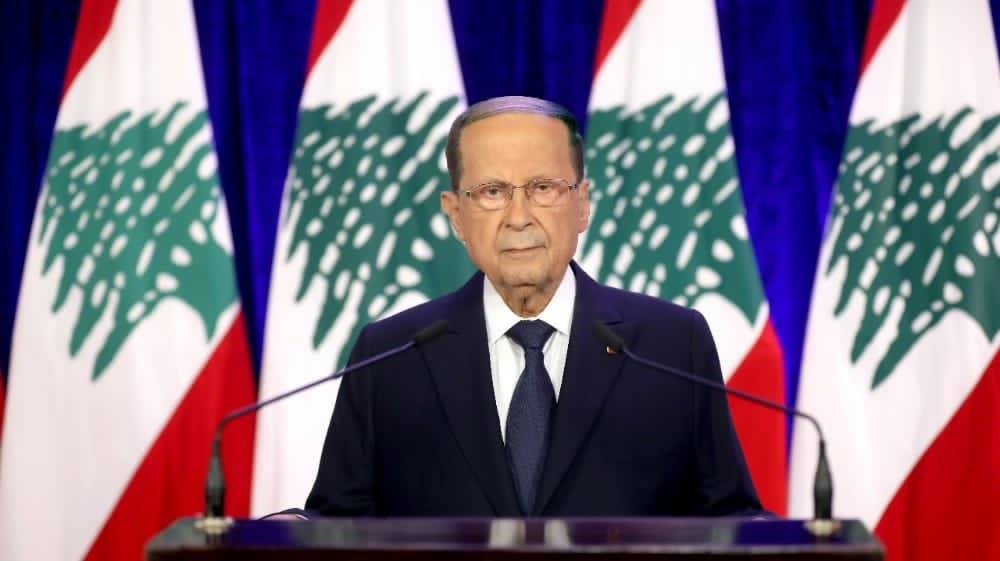Lebanese President Michel Aoun has warned that any drilling activities by Israel in the territorial disputed area with Lebanon “constitute a provocation and a hostile act”…reports Asian Lite News
In a statement released by Lebanon’s Presidency on Sunday, Aoun said that Lebanon has already sent a letter to the UN Security Council, warning that any drilling activities by Israel in disputed areas may pose threat to international peace and security, Xinhua news agency reported.
Aoun added that talks to demarcate maritime borders between the two countries had not been completed yet.
Aoun’s remarks came after an Energean Power ship entered the Karish oil field, a disputed area between Lebanon and Israel, to start oil and gas exploration.
Israel had initially claimed the Karish North field as its own property, but later Lebanon expanded its claim in territorial waters, which would include at least part of the oil field.
This has resulted in the halting of indirect negotiations for the demarcation of the maritime borders between the two countries.
Refugee crisis
Lebanese Foreign Minister Abdallah Bou Habib said that his country may not continue to host displaced Syrians if Europe fails to adopt a clear roadmap for returning them to their homeland.
“We’ve been hosting refugees for nearly 11 years while the Europeans still do not have a clear roadmap to end this crisis,” Bou Habib was quoted as saying in a presidential statement.
The Minister said Lebanon can no longer tolerate the presence of massive displaced Syrians on its territories which have weighed heavily on the country’s economy and society, reports Xinhua news agency.
“All we want from international organisations is to stop paying refugees in Lebanon while assisting them upon their return to their homeland,” he added.
ALSO READ: Lebanon, Iraq to boost legal, judicial cooperation
Lebanon remains the country hosting the largest number of refugees per capita, with a government estimate of 1.5 million Syrian refugees.
In Lebanon, nine out of 10 refugees now live in extreme poverty. There are no formal refugee camps and, as a result, Syrians are scattered throughout urban and rural communities and locations, often sharing small basic lodgings with other refugee families in overcrowded conditions.
The country is suffering a steep financial crisis that has plunged more than 74 per cent of the population into poverty.

Leave a Reply